
Audience
Health Professionals

Justice Professionals

Policymakers

Educators

Pregnancy + Breastfeeding

People with FASD, Parents and Carers

Researchers

Aboriginal + Torres Strait Islander Communities

To filter the results, select a specific topic
167 results
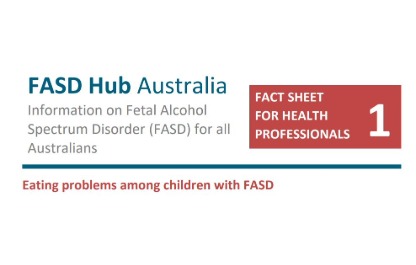
Eating problems among children with FASD
This fact sheet has been designed to assist health professionals in understanding and providing strategies to manage eating problems among children with FASD.
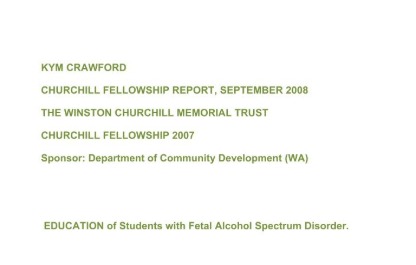
Education of students
This report was the result of a Churchill Fellowship used to investigate best practices in educating children with FASD. Produced by the Karratha Education Support Centre (2008).

Eight Magic Keys
The eight magic keys were developed by Deb Evensen and Jan Lutke in 1997 as guidelines to support young people with FASD. WRaP Schools, a Canadian project which aims to support school students diagnosed with FASD, has created a series of videos on the magic keys.
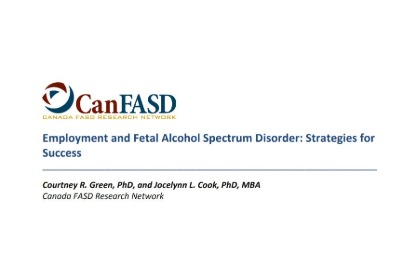
Employment and Fetal Alcohol Spectrum Disorder: Strategies for success
This report by the Canada FASD Research Network (CanFASD) proposes a ‘supported employment’ model to help adults living with FASD succeed in the workplace.
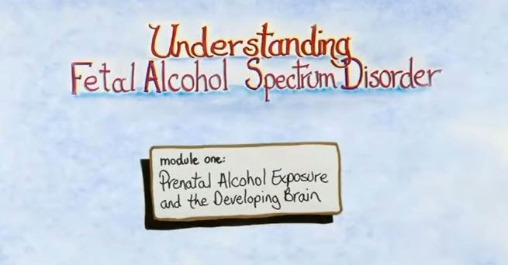
Engaging All Learners: Supporting students with Fetal Alcohol Spectrum Disorders
This resource provides an explanation of FASD and its impact on the brain, as well as exploring behavioural patterns in students with FASD and strategies for designing classroom instruction and routines to support these students. Developed by Dr. Jacqueline Pei, Stephanie Hayes and Alethea Heudes.
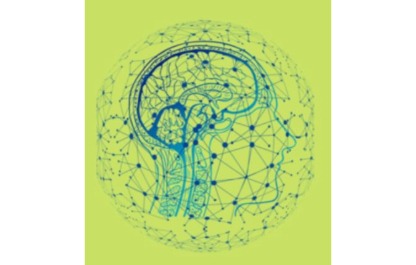
Explained by Brain
Created by Dr Vanessa Spiller, a clinical psychologist and parent, Explained by Brain is a suite of FASD resources for parents, carers, educators and professionals. It includes free downloadable workshops and short videos, and a FASD workbook and online course are available for purchase.
Stay connected
Join our mailing list to hear more from the FASD Hub, including our monthly newsletters, webinar invitations, and new publications.
Acknowledgement of Country
FASD Hub Australia acknowledges Aboriginal and Torres Strait Islander peoples as the Traditional Custodians of Country throughout Australia, and we recognise their connections to land, water and community. We pay our respect to their elders past and present, and extend that respect to all Aboriginal and Torres Strait Islander peoples.
